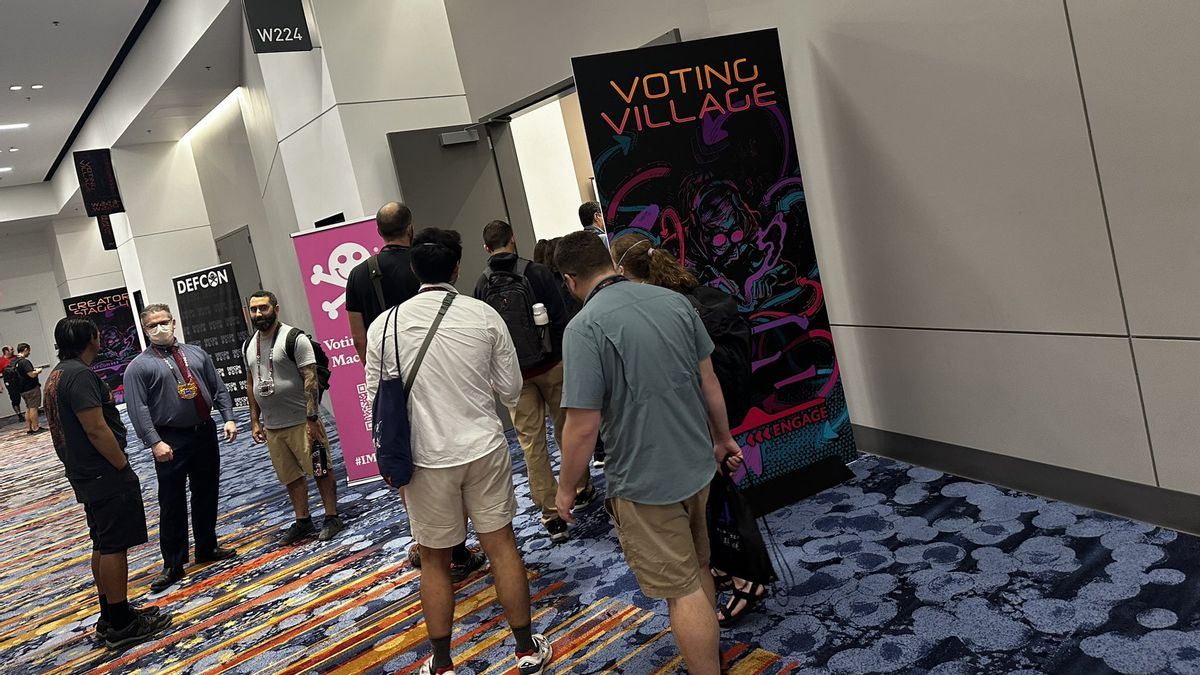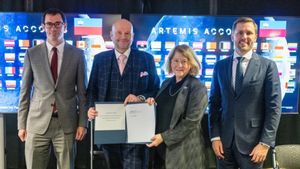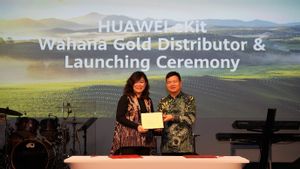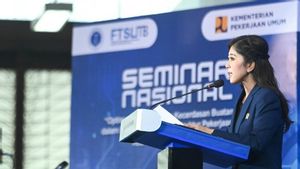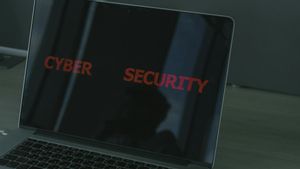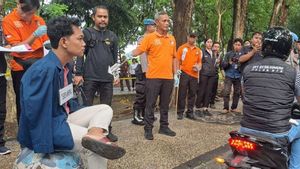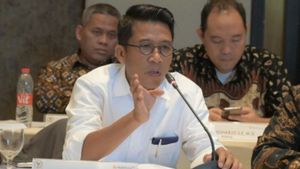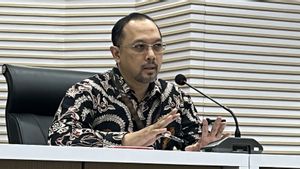JAKARTA - Hackers from around the world gathered in a small conference room in Las Vegas on Friday 9 August, to test their skills against the latest online voting platform. This is done to find out the digital vulnerability that exists in the upcoming generation of electoral systems.
The platform, known as Secure Internet Voting (SIV), is run by a US company of the same name. This platform allows people to vote on their phones or computers and has been used in small experimental programs across the United States.
However, the platform faces significant challenges for wider implementation: most states do not allow widespread use of online voting due to security concerns, and prefer auditable ballot paper.
"Many people have determined that it is only possible to create unsafe internet voting," SIV founder David Ernst said at the conference. "We believe that there are modern tools and technologies that allow you to make them very secure, with a higher level of security than current paper can achieve."
"The SIV has been used at the party level to elect candidates in the preliminary elections," Ernst said. The Republic of Celeste Maloy was elected congressional candidate through a vote supported by SIV in 2023. Maloy then won the seat in Utah's 2nd congressional district in November last year.
SEE ALSO:
Voting security is a concern for Americans, where some fear that this November presidential and congressional elections could be targeted by cyberattacks from abroad. Senior national security officials say that Russia and Iran have targeted voters with an online influence campaign. During the 2016 and 2020 election cycles, Russian hackers targeted election offices and investigated several voting machine companies.
The team behind SIV has offered a prize of 10,000 US dollars (Rp160 million) which will be divided among hackers who have identified defects in their system. The event took place at DEF CON Hacking Conference, which brought thousands of cybersecurity professionals to Nevada over one weekend each year, and has been organized by DEF election security group CON "Voting Village".
Voting Village founder, Harri Hursti, said that this technology has potential, but the possibility of online voting broadly may take decades to materialize. "There are several possible mathematical approaches, in the future, making internet voting possible," Hursti said. "The inventor of one of these technologies says he might finish it, but not in our lives."
The English, Chinese, Japanese, Arabic, and French versions are automatically generated by the AI. So there may still be inaccuracies in translating, please always see Indonesian as our main language. (system supported by DigitalSiber.id)
